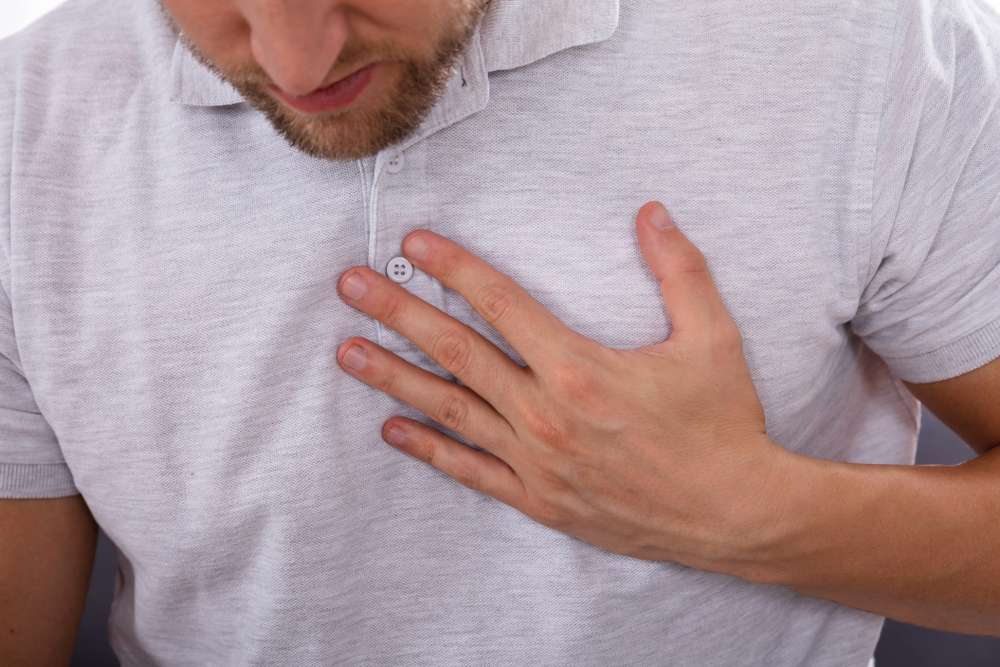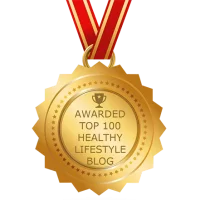Home » Chest Pain
Chest Pain

Causes for severe chest pain can be incredibly uncomfortable and also very worrying. There are many reasons why you might feel pain in your chest, some of which can be serious and others that are not life-threatening. Different people experience heart and chest pain in different ways, so it is important to check common chest pain symptoms to what your body is telling you and take action if need be. If you are dealing with causes for chest tightness and pain, symptoms of sharp pain in chest, common chest pain symptoms, upper chest pain discomfort, severe pain in upper chest, sudden cramp in chest, chest pain in chest and back, left upper chest tightness, sharp pectoral pain in heart, we have chest pain specialist and doctors specializing in the treatment of chest pain to vanish heart conditions that cause chest pain.
What is Chest Pain?
Chest pain is typically classified as any discomfort you feel in your upper body from your jaw down to your stomach (pain in left upper chest area). Symptoms of sharp pain in the chest like sharp pain, searing pain, stabbing pain, a burning sensation, a dull ache in heart area, or a strong squeezing pressure.
You may feel pain in your chest around the heart area or under the breastbone. In addition, you may feel discomfort in your neck and jaw, arms, shoulders, back, and stomach. Your chest pain may also be accompanied by other symptoms including shortness of breath, dizziness, sweating, nausea, and vomiting.
What Causes For Severe Chest Pain?
The first thing many people assume when they experience chest pain is that they are having a heart attack. While this very well may be the case, there are also several heart and chest pain causes for getting chest pain. These are some of the most common causes of chest pain:
Heart Attack
Symptoms of sharp pain in chest is heart attack. Heart attack happens when blood is blocked from reaching the heart. Symptoms can include sharp, searing, or dull pains in the chest, arms, shoulders, neck, or jaw.
Cardiomyopathy
Cardiomyopathy is a genetic heart disease that causes the heart muscles to grow abnormally thick. This causes the heart to work harder and strain to pump blood. It is also a causes for chest tightness and pain in body.
Other Heart Conditions
Inflammation in and around the heart and diseases like cardiomyopathy can also produce pain in the upper body. Symptoms of sharp pain in the chest having many heart problems. Lot of heart and chest pain causes here..
Lung Problems
When the lungs are compromised, your breathing will be affected, and this can bring on chest pain. Common culprits include bronchitis, pneumonia, and a pulmonary embolism (a blood clot that lodges in the lungs)
Anxiety
Many people don’t realize that anxiety can manifest itself as physical pain. Panic attacks and extreme anxiety can cause a crushing or stabbing sensation in the chest area.
Angina
One of the causes for severe chest pain is Angine. When the heart isn’t getting enough oxygen-rich blood from the blood vessels, it may cause pain in your upper body. This condition is called angina.
Myocarditis & Pericarditis
These heart conditions are caused by inflammation to the heart muscle and the sac around the heart muscle, respectively. They can cause symptoms very similar to those of angina or a heart attack.
Gastrointestinal Issues
Acid reflux (heartburn) is a very common condition that can feel like there is pressure or tension on your heart. Inflammation, esophagus disorders and gallstones can also cause chest pain.
Muscle, Bone, and Nerve Issues
Sometimes chest pain can be caused by injuries such as strained muscles and bruised or broken ribs. Nerve damage may also produce pain in the torso.

When Should I Seek Help for Chest Pain?
Chest pain should not be taken lightly. If you are experiencing unfamiliar and unexplainable chest pains or suspect you are having a heart attack, you should seek immediate medical help or treatment of chest pain problems. Some major causes of chest pain and warning signs to look out for include:
- Sudden pain that shoots from your chest to your neck and jaw or down your left arm.
- Sudden pressure or a crushing sensation in your chest.
- Sharp pains accompanied by shortness of breath, dizziness, rapid breathing, nausea, or an accelerated heart rate.
Some symptoms that can indicate the pain is not related to heart issues could include trouble swallowing, tenderness along your ribs or in muscles, a sour taste in your mouth, and pain followed by frequent coughing. However, if in doubt, it’s best to consult with a medical professional.
How is Chest Pain Diagnosed?
The first thing that usually happens when you see a chest pain specialist doctor for causes for severe chest pain is they will ask you a series of questions to determine what the cause may be. The doctor may ask you about the severity of your pain, how long it has lasted, and any current medical conditions you may have currently or have had in the past. In addition, they will likely ask you about your family medical history, past instances of chest pain, and your lifestyle.
If your chest pain specialist doctor determines that the pain is likely caused by something more serious than simply heartburn or muscle strain, they may run a series of tests. These could include an EKG (electrocardiogram), stress tests, chest X-ray, blood tests, angiogram, and/or MRI.
How do Doctors Treat Chest Pain?
There are many ways to treatment of chest pain, all of which depend on the underlying causes. Your doctor may suggest lifestyle changes, medication, or in severe cases, cardiac procedures. Be sure to ask your chest pain specialist doctor what the best options are for you.
How Can I prevent Chest Pain?
The best way to prevent chest pain is to live an active and healthy lifestyle. These are just a few ways you can decrease the chances of experiencing chest pain:
- Cook without salt.
- Eat a diet rich in whole foods such as fruits, vegetables, legumes, lean proteins, and whole grains.
- Exercise regularly including a mix of cardio and strength training.
- Lower stress levels by practicing yoga, meditation, breathing exercises, or simply taking time for self-care.
- Limit alcohol consumption.
- Quit smoking and using tobacco products.
- Avoid foods that may cause heartburn such as those that are highly acidic, spicy, oily, and deep-fried.
Some symptoms that can indicate the pain is not related to heart issues could include trouble swallowing, tenderness along your ribs or in muscles, a sour taste in your mouth, and pain followed by frequent coughing. However, if in doubt, it’s best to consult with a medical professional.
How Holistic Healing Heart Center Can Help
Dr. Cynthia and her team of knowledgeable health professionals are committed to not only treating the symptoms of chest pain, but also lifestyle enhancement practices to prevent chest pain from happening in the first place. We offer advanced cardiology services alongside holistic approaches so that patients can transform their lives and experience vast improvements in their health and well-being.
If you are concerned about chest pain and heart health, please contact us online at info@drcynthia.com or call 818-842-1410 (Burbank office) to see how we can help you get started on your journey to optimal health and wellbeing.



